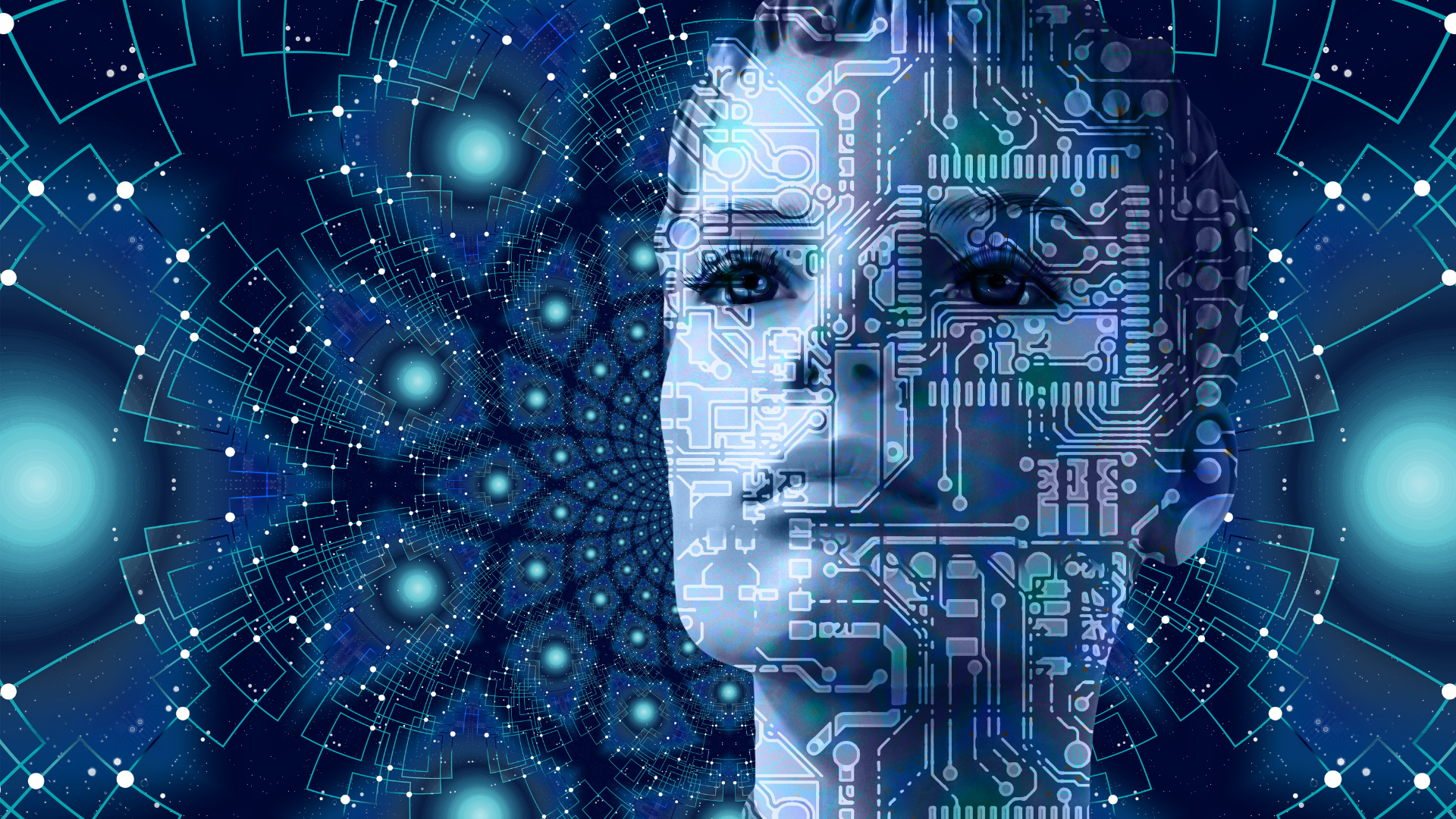
Science, technology, engineering, and math (STEM) are the hot topics in education, business, and careers today. It is even the focus of some of today’s top politicians. But how are science and math changing our world, and what can you do about it?
The fields of science and technology are evolving and advancing at lightning speed. This is no surprise, as science and technology are the driving force behind all innovation. We rely on science and technology to improve our quality of life.
As science and technology advance, humanity as a whole is better off-from more effective communication to greater medical breakthroughs. But not everyone feels this way, and in fact, some are concerned about the implications of science and technology, including artificial intelligence and other new developments. How do we balance progress with humanity?
Saving science and technology – what can YOU do about it? Today, we have a wealth of technology available to us. Modern science has given us the ability to live longer, healthier lives. We have access to computers and the internet, which provide us with amazing knowledge. With all these things at our disposal, we have no problem spending our hard-earned money on the latest gadgets or gizmos, but do we stop to think about where it all came from? The scientific community spends countless hours researching and developing advances that have forever improved our lives.
Be more environmentally friendly.
Man-made climate change is an issue that concerns all of humanity, but scientists in particular. Even small emissions of greenhouse gases affect weather systems and oceanic currents. So, what can be done to counteract the damage caused by fossil fuels? According to scientists, it’s vitally important that we pioneer renewable energy technology, including solutions like solar energy and renewable natural gas (which can be procured by firms like PREM RNG), which tends to offer a cleaner alternative to traditional fossil fuels. Other measures can also benefit the environment, such as enhancing energy efficiency through advanced building designs and adopting sustainable practices in daily life.
Now, another critical step is the adoption of nuclear energy, which offers a low-carbon alternative to traditional power sources. These sources have directly contributed to pollution due to the demand for raw materials in generating these power sources. As such, the environmental consequences caused by this demand have proven to be inevitable and significant, to an extent. This is why the search for low-carbon alternatives have broadened in the past decade or so. One example is Uranium Mining, essential for nuclear energy production, which has evolved significantly over the years, with modern practices potentially ensuring minimal environmental impact. In comparison, coal and oil have unfortunately contributed heavily to greenhouse gas emissions. Now, while concerns about nuclear waste and safety persist, advancements in technology and regulations are continually improving the safety and sustainability of nuclear energy. Human activities have undoubtedly caused global warming and rising sea levels, also damaging biodiversity, but nuclear power represents a promising solution for reducing our carbon footprint. So, by harnessing the power of nuclear energy, for instance, we can significantly reduce our carbon footprint while providing a stable and reliable energy supply. This can be done through safe and efficient methods, like mining uranium for example. At the end of the day, holistically integrating renewables and nuclear power can pave the way for a sustainable and eco-friendly future.
Be aware
While technology has dramatically changed our lives, it also has the ability to change our fears. As technology advances, our fears evolve with it. Technology has brought us self-driving cars, Alexa, and the Internet of Things. We even have technology that can read our minds.
While cutting-edge technology is transforming many industries, one of the most profound impacts is in healthcare. Advances in AI, robotics and medical devices are enabling more accurate diagnoses, less invasive procedures, and improved patient outcomes. Different technologies are being used to analyze medical images, including X-rays, mammogram in Vernon, NJ or nearby, and CT scans to identify abnormalities with precision rivaling experienced radiologists. This has huge potential to improve screening and catch treatable diseases earlier. There are even telemedicine platforms that facilitate remote doctor consultations and robot-assisted surgery with greater precision than human hands. Diagnostic tests are also becoming easier and more accessible with at-home sample collection kits and advanced rapid testing technology. Other technologies changing healthcare include smartphone apps and wearable devices that monitor patient health data in real-time, as well as OTC Hearing Aids that can adjust sound in response to the environment. These hearing devices leverage cutting-edge technology to enhance auditory experiences, providing users with a seamless solution for managing their hearing needs.
We are all dependent on science and technology for our lives. Every day, science and technology make our lives better. Technology makes communication easy; makes our lives easier. But technology also has its adverse effects. Scientists and researchers are working hard to protect science and technology. They design new vaccines. They develop new technologies. They develop new medicines. They develop new languages, new languages that can help us to understand each other. Scientists and researchers are worried about science and technology.
There are so many news stories about science and technology that it can be hard to keep track. With all these advancements, we should at least try to be more aware of what’s happening.
People tend to be interested in what’s new and trendy rather than what’s really happening around us. It’s not uncommon for us to consume news and entertainment without really comprehending the full meaning or impact of what’s going on. That’s why it’s important to be aware of the news, so we can stay informed, and making smart decisions that affect our physical, mental, and financial health.
